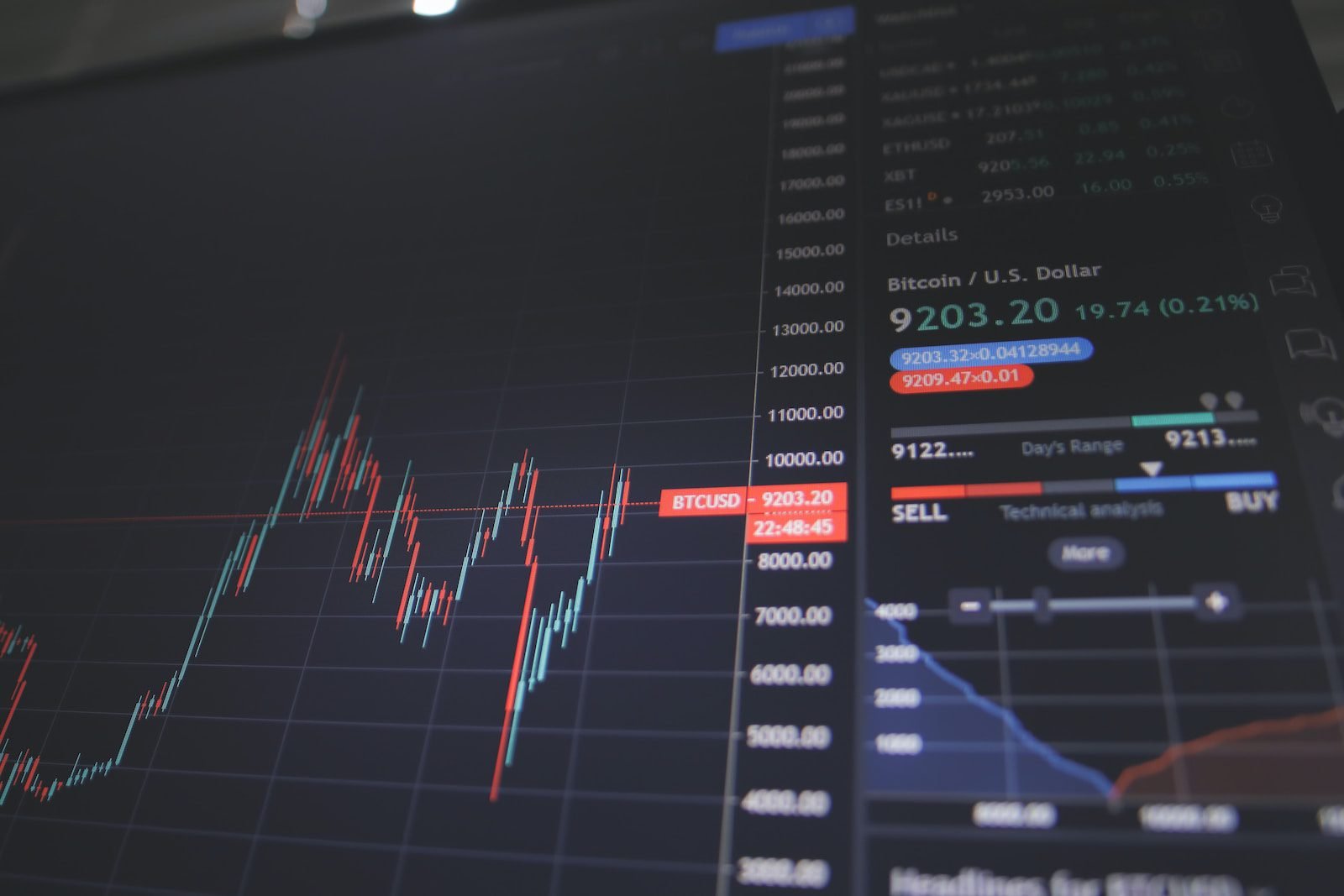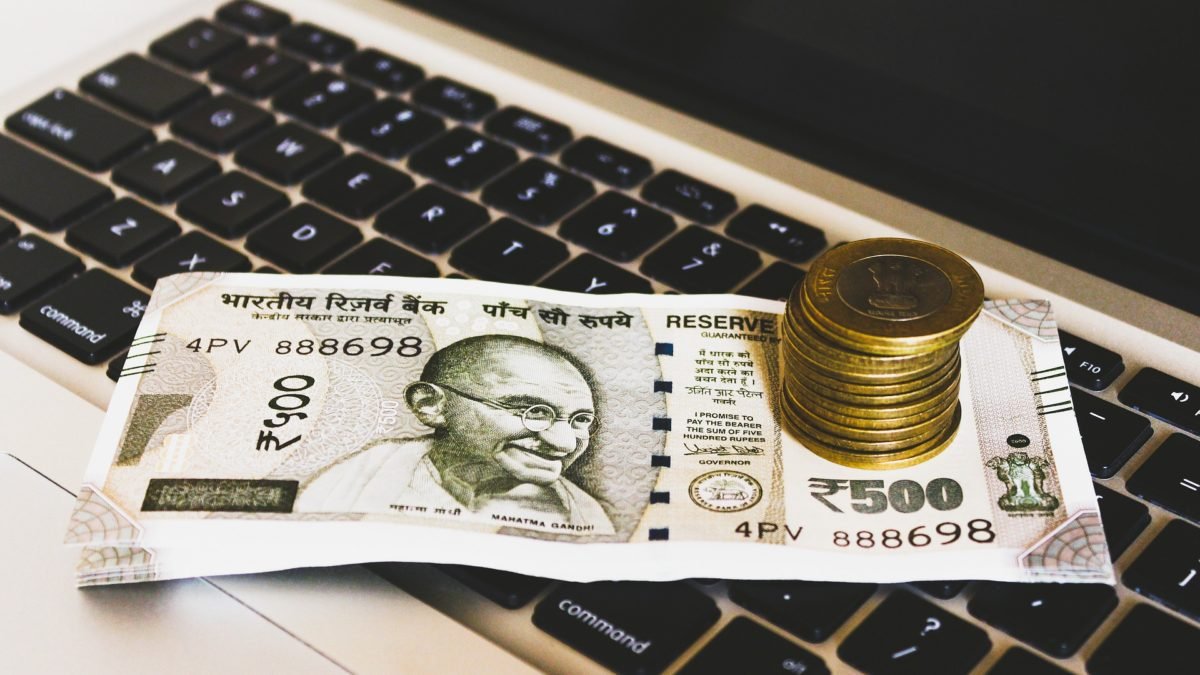BENGALURU: A private business survey released on Monday revealed that although employers cut employees for the first time in more than a year, the manufacturing sector in India increased at its fastest pace in three months in March on to higher output and new orders.
The study lends credibility to the idea that Asia’s third-largest economy is better equipped than others to withstand the effects of a prospective global recession. Economic growth in India was anticipated to be 6.9% this fiscal year and 6.0% the following.
S&P Global’s Manufacturing Purchasing Managers’ Index improved from 55.3 in February to 56.4 in March, remaining over the 50-point line dividing growth from contraction for a 21st consecutive month. It exceeded the 55.0 predicted by a Reuters poll. “Underlying demand for Indian goods remained strong in March…Consequently, production continued to expand at a robust clip and firms stepped up their stock-building efforts,” said Pollyanna De Lima, economics associate director at S&P Global Market Intelligence.
The sub-index for new orders, which measures overall demand, increased last month, and overseas demand grew more quickly than it did in February. The rate of output growth was the fastest since December.
The job market conditions deteriorated, slipping back into contraction for the first time in 13 months despite the slow pace of job losses, and this recovery did not convert to more hiring.
Due to worries about competitiveness and general inflation, projected output optimism hit an eight-month low.
Although the rate of input cost inflation dropped to its second-lowest level in two and a half years, businesses nevertheless passed some of the burden of rising labour and raw material costs onto consumers. The subindex for production prices increased from 51.8 to 52.0.
As a result, retail inflation will probably continue to be high in the upcoming months. According to a Reuters poll, inflation was predicted to remain over the Central Bank of India’s medium-term objective of 4.0% and average 6.7% this fiscal year before slowing to 5.2% the following.
A Reuters poll anticipated that the central bank will halt interest rate increases following the final increase this month, but high inflation may prevent that from happening.
De Lima noted that while manufacturers were optimistic about upcoming new orders, they had some reservations about how quickly inflation would be on the decline.





